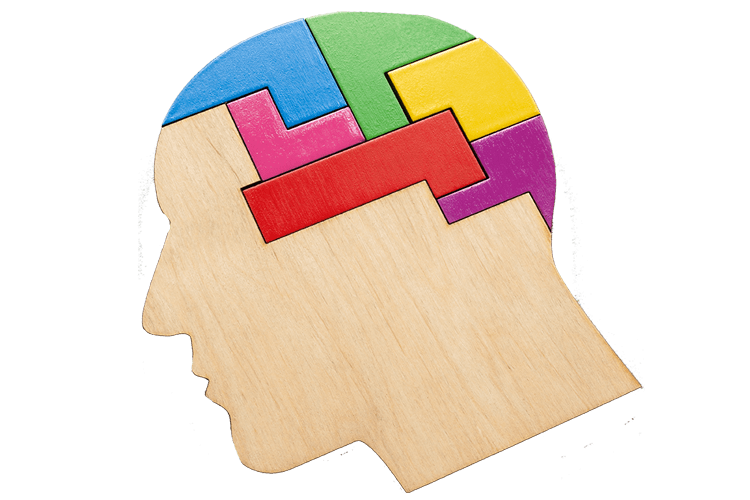Does My Child Need Therapy for Neurological Conditions?
Understanding Neurological Conditions in Children
Neurological conditions in children encompass a wide range of disorders that affect the nervous system, including the brain, spinal cord, and nerves. These conditions can impact motor skills, communication, behavior, and cognitive development. Early identification and intervention are critical for improving outcomes and supporting your child’s development.
Signs to Watch For
Identifying neurological conditions early can be challenging, but recognizing the signs can help you seek the necessary support. Here are some indicators that your child may benefit from pediatric therapy:
- Motor Skill Challenges
- Delayed milestones such as crawling, walking, or running.
- Difficulty with coordination and balance.
- Frequent tripping, stumbling, or falling.
- Trouble with fine motor skills like holding a pencil, using scissors, or buttoning clothes.
- Communication and Speech Difficulties
- Delayed speech and language development.
- Difficulty articulating words or forming sentences.
- Challenges with understanding or following instructions.
- Limited use of gestures or non-verbal communication.
- Behavioral and Emotional Concerns
- Unusual or repetitive behaviors, such as hand-flapping or rocking.
- Intense reactions to changes in routine or environment.
- Difficulty interacting with peers and forming relationships.
- Signs of anxiety, depression, or mood swings.
- Cognitive and Learning Differences
- Struggles with attention, focus, and memory.
- Learning difficulties, including problems with reading, writing, or math.
- Challenges with problem-solving and abstract thinking.
- Delayed development of play skills and imagination.
- Sensory Processing Issues
- Overreacting or underreacting to sensory stimuli such as sounds, lights, textures, or tastes.
- Seeking out or avoiding certain sensory experiences.
- Difficulty with tasks that require sensory integration, like dressing or eating.
What to Do if You Notice These Signs
If you observe any of these signs in your child, it’s important to seek a professional evaluation. Early diagnosis and intervention can greatly improve your child’s quality of life. Here are the steps you can take:
- Consult with Your Pediatrician
- Share your observations and concerns with your child’s doctor. They can conduct an initial assessment and refer you to a specialist for further evaluation.
- Seek a Comprehensive Evaluation
- A thorough assessment by a neurologist, developmental pediatrician, or pediatric psychologist is essential for an accurate diagnosis.
- Develop an Individualized Therapy Plan
- Based on the evaluation, professionals can recommend a tailored therapy plan that addresses your child’s specific needs and strengths.
- Engage in Therapeutic Activities
- Therapies such as physical therapy, occupational therapy, speech therapy, and behavioral therapy can support your child’s development and improve their quality of life.
How Pediatric Therapy Can Help
Pediatric therapy offers a range of benefits for children with neurological conditions:
- Enhanced Motor Skills: Physical and occupational therapy can improve coordination, strength, and fine motor skills, enabling your child to perform everyday tasks more effectively.
- Improved Communication: Speech therapy can help your child develop effective verbal and non-verbal communication skills.
- Behavioral Support: Behavioral therapy can address challenging behaviors and promote positive behaviors through structured interventions.
- Sensory Integration: Occupational therapy can help children manage sensory sensitivities and improve their ability to participate in daily activities.
- Cognitive and Learning Support: Therapists can provide strategies and tools to support your child’s learning and cognitive development.
Take the Next Step:
If you have concerns about your child’s development or suspect they may have a neurological condition, don’t hesitate to reach out to us. Our team of experienced pediatric therapists is dedicated to providing comprehensive support and personalized therapy to help your child thrive.

